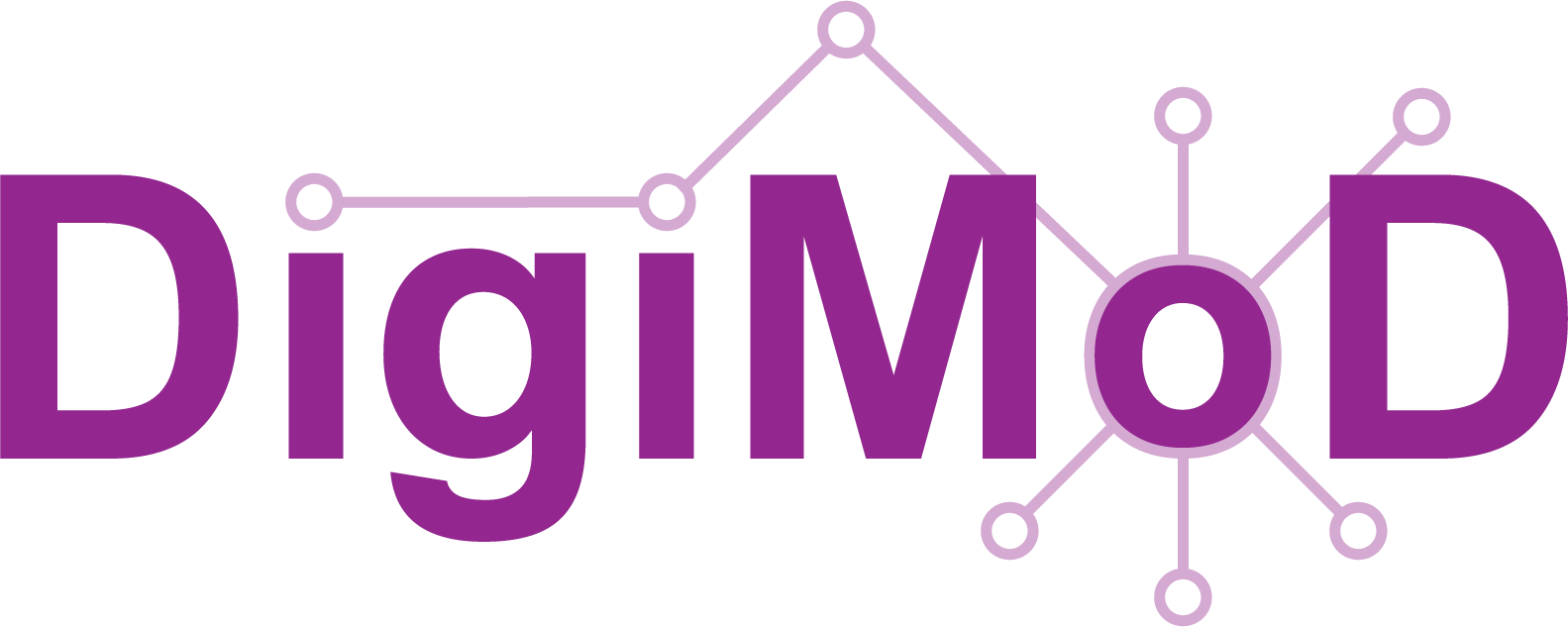Dear blog readers, please note that future blog posts will be uploaded on a quarterly basis. 13.07. – New Publication In the middle of July, Dr. Kilian Bühling (Universität Tübingen & Weizenbaum-Institut), together with colleagues Dr. Olga Pasitselska (University of Groningen, The Netherlands) and Dr. Emilija Gagrčin (Universität Mannheim & University of Bergen, Norway), published […]
Tag: digital communication
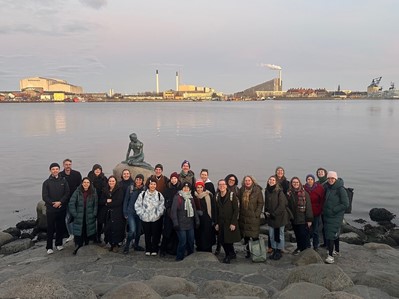
On March 17-18, 2025, Baoning Gong, Miriam Milzner, Daniel Thiele and Dr. Kilian Buehling (all from Freie Universität Berlin and Weizenbaum-Institut), as well as Dr. Annett Heft (Universität Tübingen and Weizenbaum-Institut) and Prof. Dr. Barbara Pfetsch (Freie Universität Berlin and Weizenbaum-Institut) took part in the Winter School in Digital Political Communication and the Digital Public […]

At the beginning of this year, Dr. Kilian Buehling, Prof. Dr. Annett Heft, and Xixuan Zhang (all from the Weizenbaum Institute and Freie Universität Berlin) published their paper Veiled conspiracism: Particularities and convergence in the styles and functions of conspiracy-related communication across digital platforms in New Media & Society. Their research explores how digital communication […]

Conspiracy theories have never been confined by geopolitical borders. In the digital age, social media and online forums amplify their reach, allowing far-right ideologies to spread and adapt across different national and cultural contexts. A recent study conducted by Xixuan Zhang, Joana Becker, Dr. Annett Heft, and Dr. Kilian Buehling examines this phenomenon by analyzing the transnational dissemination […]

From November 26th to November 27th, Kilian Buehling (Freie Universität/Weizenbaum Institute) participated in a workshop about “Visual Aspects of Political Communication and Digital Platforms” organized by the Collegium Helveticum. The workshop was designed to create a dynamic interdisciplinary forum, bringing together researchers from diverse fields to explore the evolving challenges and opportunities in the discipline. […]
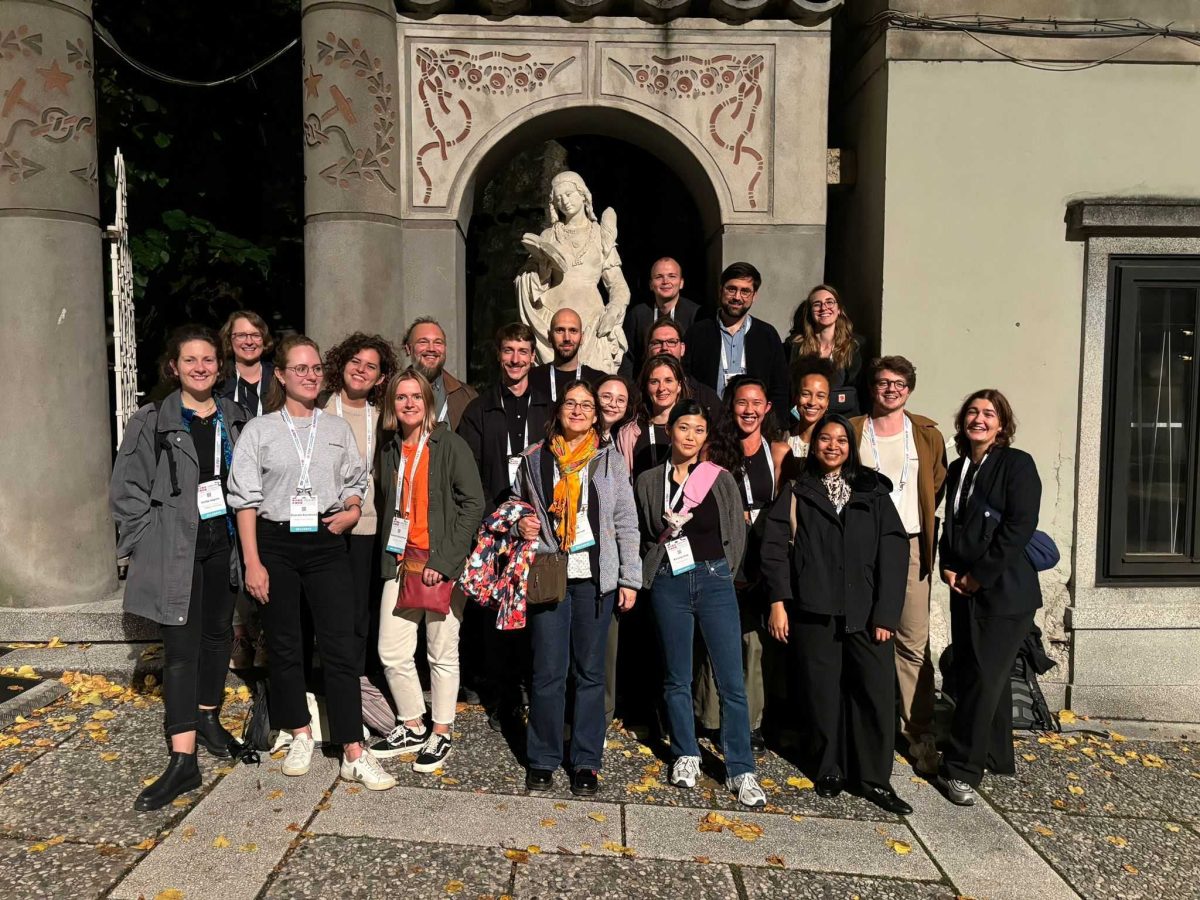
From September 24th until the 27th the DigiMoD-Team attended the 10th European Communication Conference (ECREA 2024) at the University of Ljubljana, Slovenia. Under the theme ‘Communication & social (dis)order’ the ECC 2024 conference invited the participants to rethink the state of communication in light of ongoing political, economic, environmental, health, and technological disruptions, reflecting on […]

In an interview with Leonie Dorn from the Weizenbaum Institute, Dr. Kilian Buehling and Baoning Gong (both Freie Universität/Weizenbaum Institute) explore how right-wing politicians used Telegram during state elections in East Germany to mobilize supporters. Their ongoing study combines quantitative and qualitative methods to understand how Telegram’s platform architecture enables extremist actors to manipulate their […]

At the EU Internet Forum Technical Meeting on Terrorist and Violent Extremist Financing Activities Online II on September 10, 2024, Dr. Annett Heft (Freie Universität and Weizenbaum Institute) presented the European Violent Right-Wing Extremism Monitoring Project (EVREM) and shared key findings on funding trends in the far-right sector. The EU Internet Forum gathered EUIF members, […]

On the 3rd of September, our doctoral researcher, Miriam Milzner, participated in the 6th Multidisciplinary Symposium on Disinformation in Open Online Media (MISDOOM) held at the University of Münster, Germany. This event brought together an international community of disinformation researchers from diverse fields, including communication science, computer science, computational social science, political communication, and media […]
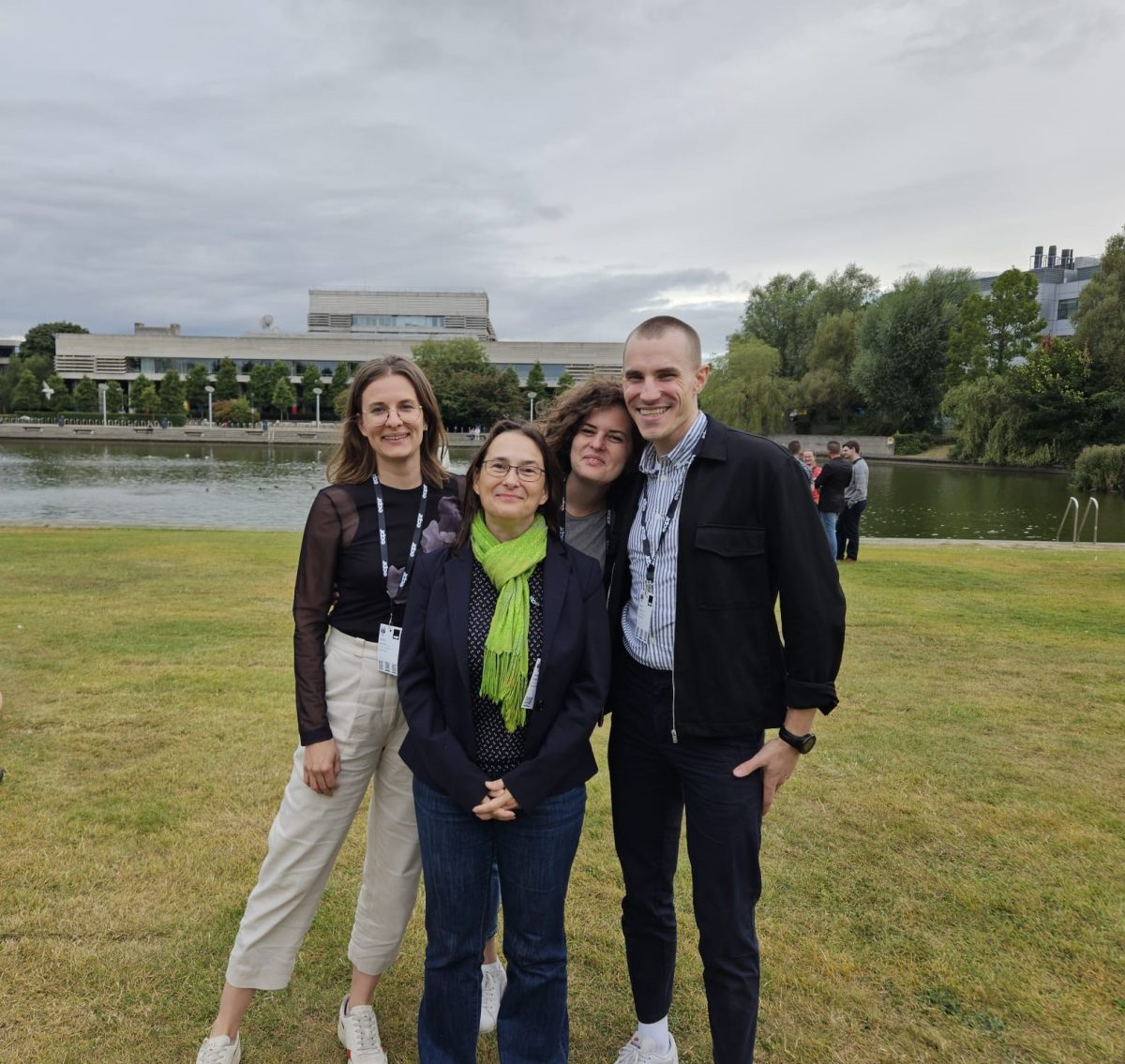
From August 12th to 15th, we had an amazing chance to participate in the ECPR General Conference at University College Dublin! The event featured a comprehensive program of 24 panel sessions, covering the full spectrum of political science and offering dynamic platforms for discussion and debate. We had the opportunity to be the discussant at […]
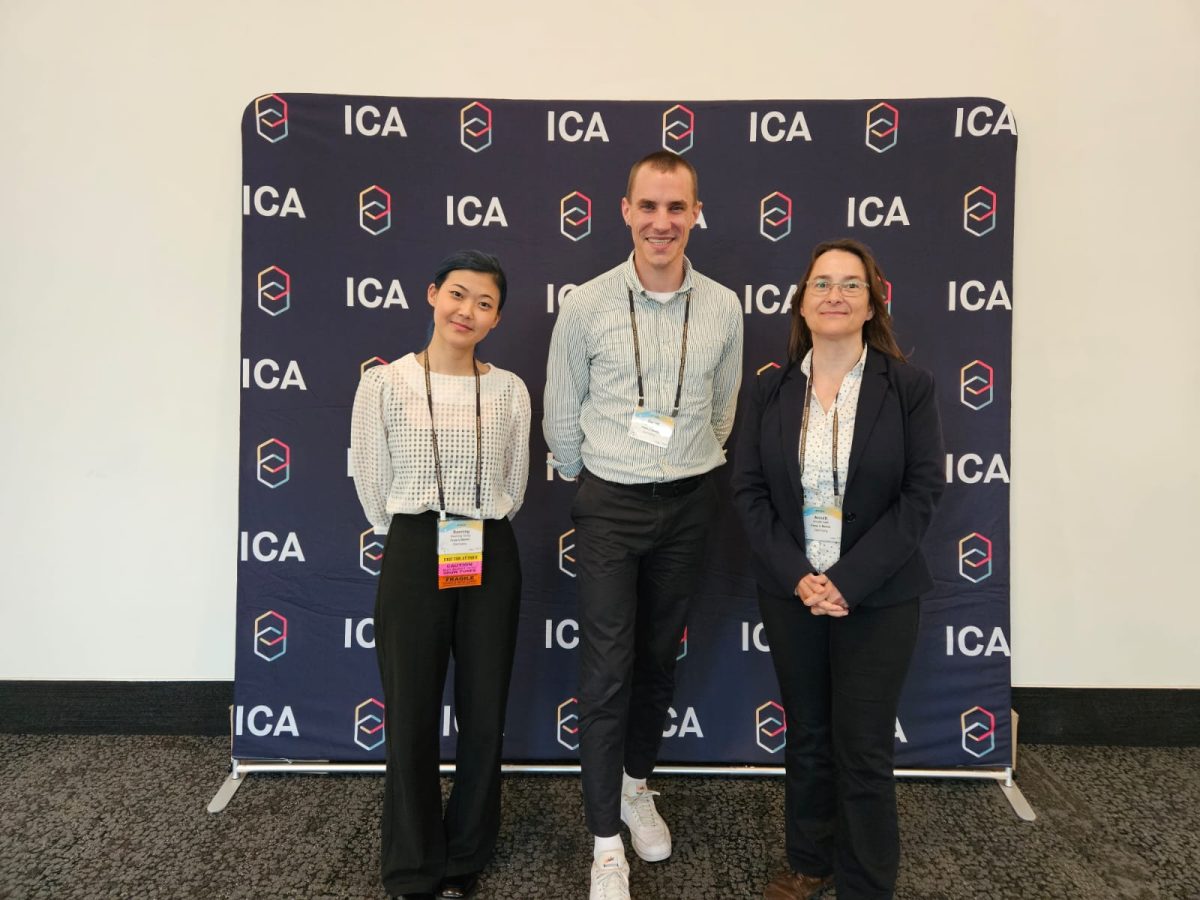
This year’s 74th Annual ICA Conference on “Communication and Global Human Rights” was held from June 20th to 24th in Gold Coast, Australia. This event focused on exploring the critical intersections between communication studies and human rights scholarship, showcasing current practices, research, and future directions. Topics ranged from the media’s role in advocating for marginalized […]
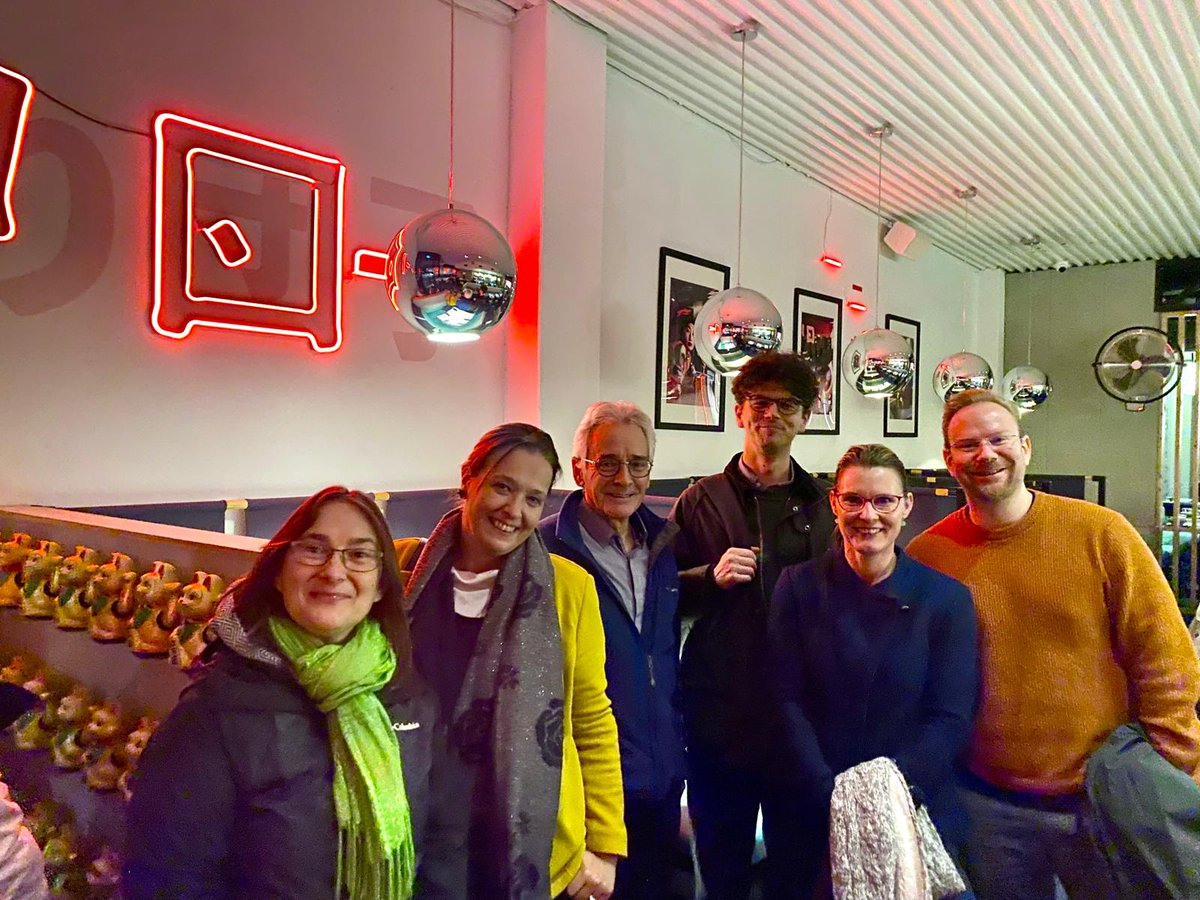
The Centre for Deliberative Democracy and Global Governance (CDDGG) at the University of Canberra, Australia, is a globally recognized leader in deliberative governance research, dedicated to exploring how inclusive and reflective communication can empower people in political decision-making. The center explores the impact of public deliberation in polarized and post-crisis contexts and advances theoretical debates […]
The Research Monitor (fyi 15) published on the 4th of June a new edition which compiles seven studies and an interview with Dr. Annett Heft. The publication entails the current state of research on right-wing movements, highlighting why they pose a serious threat to democracy and suggesting which efforts can be made to counteract them. […]

Despite their shared antigenderism, populist radical-right parties’ contestation of gender and sexual equality forms a continuum rather than being homogenous across countries. Susanne Reinhardt, Annett Heft, and Elena Pavan argue that varieties of antigenderism are best understood through a party’s societal context, ideology, and voter expectations. Read more into this subject by clicking here.
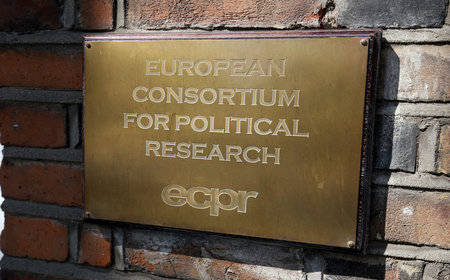
We are happy to announce that our team member Daniel Thiele (Freie Universität Berlin/Weizenbaum Institute) was elected to the new Steering Committee of the ECPR Standing Group on Political Communication, announced on April 26th! The Standing Group on Political Communication encompasses research on the interactions among politics, media, and the public. This research network provides […]

The international symposium “Indicators of Social Cohesion in Social Media and Online Media,” hosted by the Social Media Observatory (SMO) at the Leibniz-Institute for Media Research, took place from April 24 to 26, 2024. It explored the pivotal role of social and online media in uniting and dividing communities, from supporting democratic movements to fostering […]
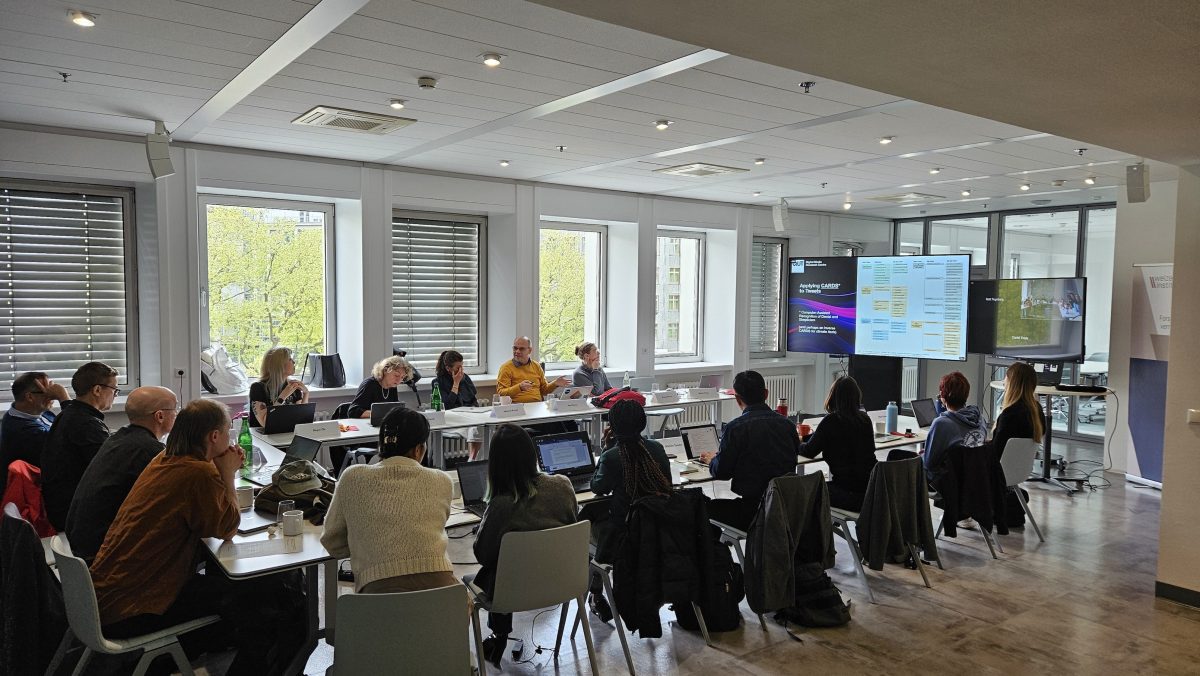
On April 18th and 19th, we hosted the workshop “CLOUD-C: Climate, Social Media, and Transnational Research” at the Weizenbaum Institute, Berlin, co-organized with the Helsinki Institute for Social Sciences and Humanities (HSSH). The Cloud-C Project is an international collaboration developed by the HSSH, focused on analyzing the discourse on climate politics in social media. This […]

We extend our congratulations to Annett Heft and Kilian Buehling (both Freie Universität Berlin/Weizenbaum Institute) along with their esteemed colleagues, Pablo Jost (Johannes Gutenberg-Universität Mainz), Maximilian Zehring, Hendrik Bitzmann, and Emese Domahidi (all Technische Universität Ilmenau), and Heidi Schulze (Ludwig-Maximilians-Universität Munich), for their notable achievement of receiving the 2nd place for the Best Journal Paper […]

Today, the proliferation of conspiracy theories has become a prevalent issue, often fueled by the expansive reach of digital forums and social media platforms. A collaborative project led by Annett Heft, Kilian Buehling, Xixuan Zhang (all Freie University of Berlin/Weizenbaum Institute), research on the complex nuances of online communication surrounding conspiracy narratives. In their investigation, […]
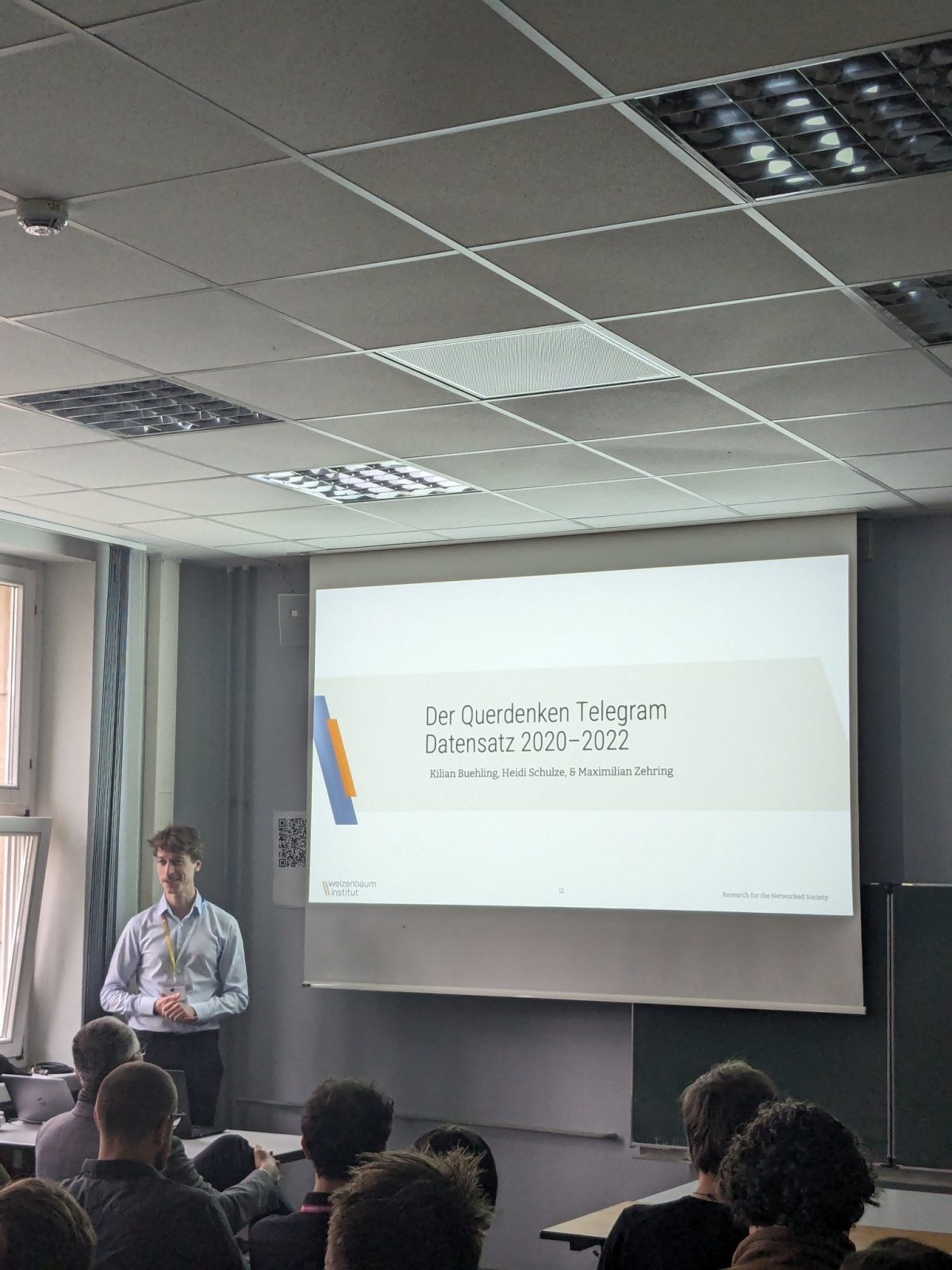
From March 13th to 15th the University of Erfurt hosted the 69. Annual Conference of the German Society for Journalism and Communication Studies (DGPuK). This year’s theme, “Visions for a Better Life,” aimed to stimulate a debate on the social relevance and future of communication science research. By exploring the roles that communication and media […]

Digital forums like 4chan and Reddit, along with social media platforms such as Twitter (now known as “X”), play a crucial role in the narration and spread of conspiracy theories. These platforms can serve as both a protected breeding ground for conspiracy theories, offering unmoderated, (semi-)public digital spaces to radicalized users, and as the primary […]

Citizen-generated populist content is flourishing in the comments sections of online news. The factors that shape the extent of such populist communication from below are still under-researched. The recent publication of Daniel Thiele (Freie Universität Berlin & Weizenbaum Institute, Berlin) focuses on the COVID-19 crisis to examine how contextual and media-related factors are related to […]
On February 28, 2024 Dr. Olga Pasitselska at the University of Groningen hosted a guest lecture by Dr. Kilian Buehling from Freie Universität and Weizenbaum Institut, Berlin. The topic of the lecture was “Telegram and its Affordances for Anti-Democratic Mobilization” based on a paper he wrote together with Dr. Annet Heft. Dr. Kilian Buehling began […]
From the 22nd until the 23rd February 2024, Annett Heft (Free University of Berlin/Weizenbaum Institute) had the great opportunity of presenting her work in the International Conference Polarization and Beyond. What Comes Next in Political Communication Research. The event was organized by the I-POLHYS: Investigating Polarization in Hybrid Media Systems and hosted by the University […]
On February 11, 2024, the final version of the article titled “Right Topic, Right Source? Source Diversity and Balance in Right-Wing Alternative News Content Across Topics,” authored by Annett Heft (Freie University of Berlin/Weizenbaum Institute), Tim Ramsland, and Eva Mayerhöffer (both Roskilde University), was published by Taylor & Francis. The article investigates how right-wing alternative […]

On January 23, 2024, Prof. Dr. Pablo Jost (Ludwig-Maximilians-University of Munich) presented and discussed our collaborative work on Mapping a Dark Space: Challenges in Sampling and Classifying Non-Institutionalized Actors on Telegram, co-authored by Dr. Annett Heft and Dr. Kilian Buehling (both Freie Universität and Weizenbaum Institute), Maximilian Zehring and Emese Domahidi (both Ilmenau Technical University) as well as Heidi […]
Kilian Buehling and Annett Heft (both Freie University of Berlin/Weizenbaum Institute) published an article on the Pandemic Protesters on Telegram: How Platform Affordances and Information Ecosystems Shape Digital Counterpublics in Social Media + Society. Their research investigates the role of platform affordances, their adoption by movement actors, and the strategic use of information ecosystems in […]

On December 13, 2023, Daniel Thiele (Freie Universität Berlin & Weizenbaum Institute, Berlin) presented his research titled “Vox Populi(st): Contexts and Consequences of Populism in User Comments on News Media Facebook Pages” at the Helsinki Conference on Emotions, Populism and Polarization at the University of Helsinki. The conference was organized by the Helsinki Hub on […]
We were honored to have Prof. Dr. Shelly Boulianne, Professor of Digital Political Communication at the Université Catholique de Lille and currently a Research Fellow in our research group, giving a talk on her latest research on November, 28. In her talk “Pandemic activism in comparative perspective: Exploring the roles of digital media uses, misinformation, […]
From the 18th until the 21st of November Miriam Milzner (Freie University of Berlin/Weizenbaum Institute) had the great opportunity to participate in the three-day AoIR conference in Philadelphia, PA, USA. The 2023 AoIR conference explored the themes of revolutions, examining their inherent promises and failures in connection to digital technologies. It delved into the involvement […]
November 14th a collaborative article Mapping a Dark Space: Challenges in Sampling and Classifying Non-Institutionalized Actors on Telegram with two members of our team was published in the journal Medien & Kommunikationswissenschaft! Written by Pablo Jost (Ludwig-Maximilians-University of Munich), Annett Heft (Free University of Berlin), Kilian Buehling (Free University of Berlin), Maximilian Zehring (Ilmenau Technical University), […]
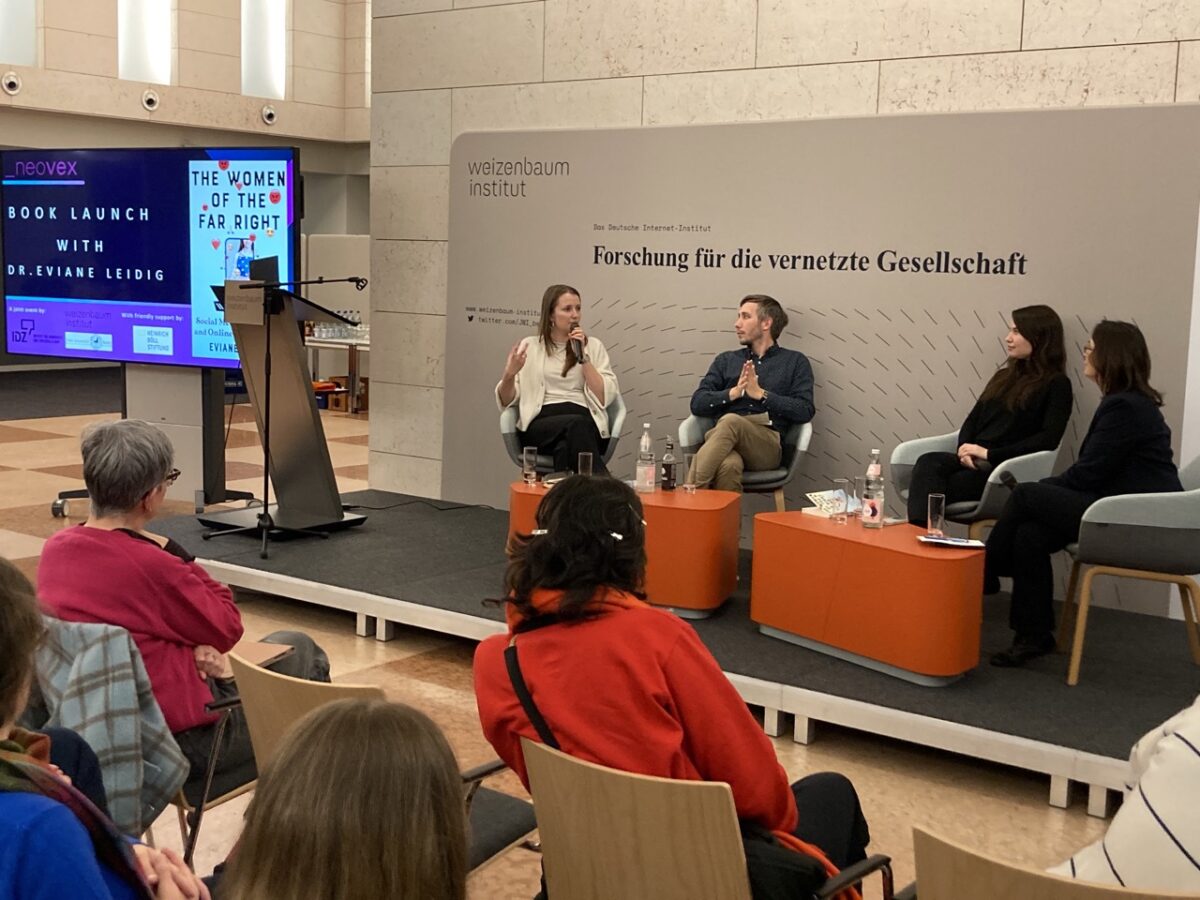
On November 2nd, 2023, we had the great pleasure of participating in the book launch of The Women of the Far Right, written by Dr. Eviane Leidig (Tilburg University). Hosted by the research project NEOVEX, the event was jointly organized with the Free University of Berlin, the Weizenbaum Institute for the Networked Society in Berlin, […]
We were happy to conduct the workshop titled “Alternative Platforms/Platform Alternatives: Comparisons and Transnational Flows” on October 20th and 21st at the Weizenbaum Institute in Berlin in collaboration with the Free University of Berlin! The workshop gathered approximately 20 international researchers, creating an intimate and relaxed atmosphere that fostered networking and great knowledge exchange. The […]
From October 10th to 11th, the University of Bern hosted a great opportunity to dialogue ideas and insights on various doctoral research projects in a PhD Workshop! In a colloquium format, the event presented a valuable chance for professional exchange and network building. It united researchers from four universities who shared a common investigation expertise […]
From September 27th to 29th, the 24th Conference of the Methods Section of the German Communication Association (DGPuK) was hosted by Babelsberg Film University in Potsdam. During the event, Kilian Buehling (Freie University of Berlin/Weizenbaum Institute) conducted a three-hour workshop on Digital Trace Data. The conference focused on the convergence of methodology and research ethics […]
In today’s digital landscape, the proliferation of online platforms and the rapid evolution of communication technologies present unique challenges for researchers. A recent study by Dr. Annett Heft, Dr. Kilian Buehling, Xixuan Zhang, Dominik Schindler, and Miriam Milzner (2023) investigates these complexities, focusing on the collection of conspiracy-related communication data across various digital platforms. Published […]
Many civil society and academic projects are engaged in documenting and analyzing conspiracy theory, anti-democratic or racist discourse on social media. Kilian Buehling has investigated to what extent the results of these efforts are influenced by the time of data collection. In this article, he summarizes the results of a recently published study. A bizarre […]

Social media has become a central stage for conspiracy-theoretical, anti-democratic, and racist discourses. But how can such content be effectively documented and analyzed – and what role does the timing of data collection play in this process? Dr. Kilian Bühling has explored these questions in a recent study that highlights how dynamic and time-sensitive these […]
